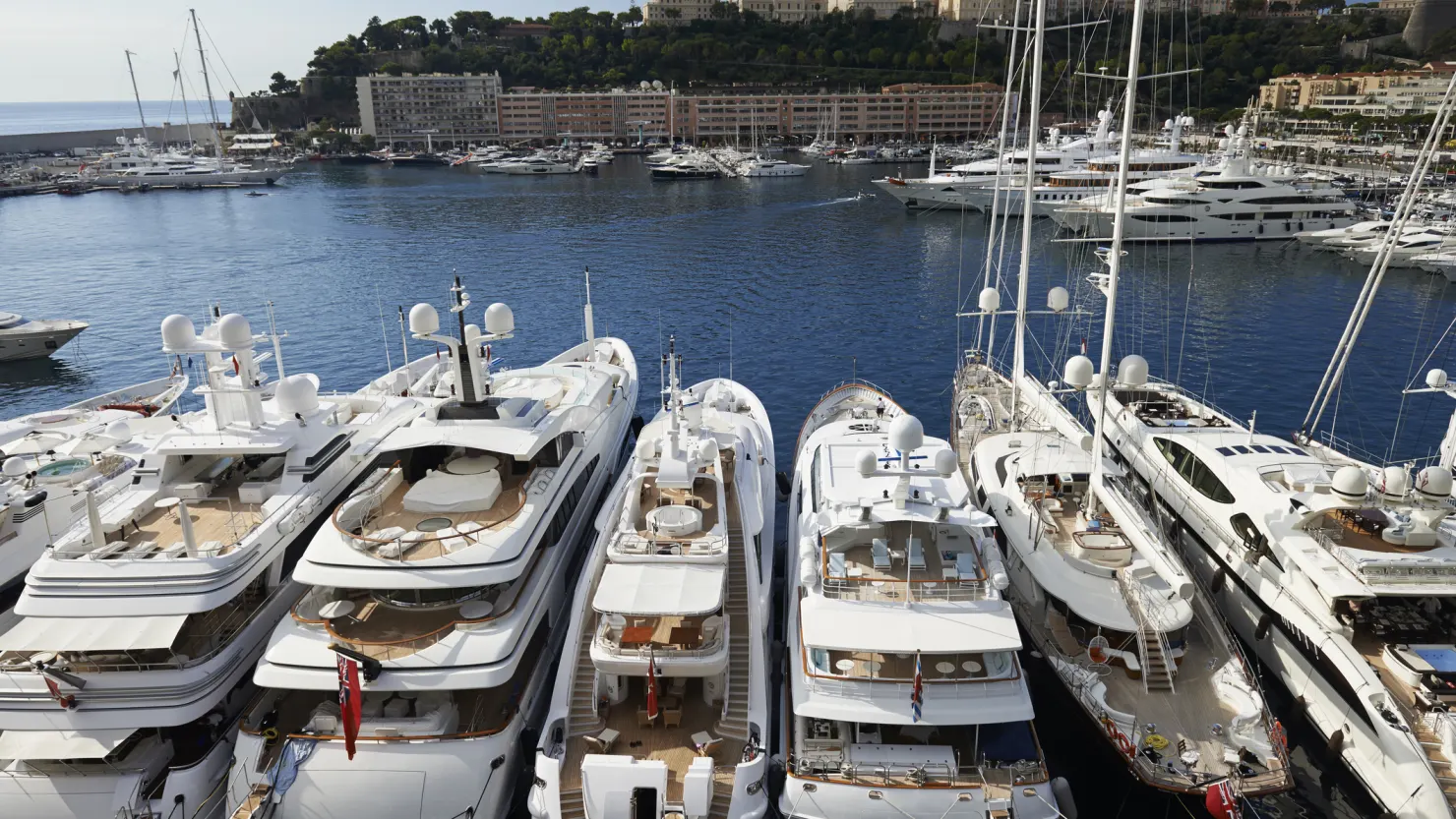The U.S. luxury boating market is bracing for turbulence after President Donald Trump announced plans for a 15% tariff on European-made goods, including recreational boats and yachts. With Europe producing many of the world’s most prestigious vessels and the U.S. serving as their largest market, the policy has triggered immediate concern among brokers, shipyards, and prospective buyers.
The European Boating Industry warned that the U.S. is the most vital export market for its members and said the tariff will create “serious challenges” for shipbuilders across the continent. While billionaires buying $50 million or $100 million yachts can afford the added cost, brokers insist that even the wealthiest customers are sensitive to price increases. “I don’t know any stupid rich people,” said Kevin Merrigan, chairman of yacht brokerage Northrop & Johnson. “If they hear they’re going to have to spend another 15%, it has an impact.”
Contracts for yachts typically assign duties to the builder, but maritime attorneys believe these tariffs won’t fall under standard clauses, leaving buyers to shoulder at least part of the expense. This has already complicated negotiations for projects that began years ago, since custom builds often take two to three years from contract to delivery.
Brokers predict that many wealthy buyers will look for ways around the tariff. The most common solution is “foreign flagging,” in which American owners register their yachts in offshore jurisdictions such as the Cayman Islands, the Marshall Islands, Malta, or Jamaica. By doing so, their vessel enters the U.S. as a foreign visitor rather than an imported good, avoiding the duty altogether.
Foreign registration comes with added costs, ranging from $5,000 to over $20,000, along with special cruising permits. Still, for multimillion-dollar yachts, the savings are considerable. “If it’s never technically imported and it never crosses the customs border line, the tariff doesn’t apply,” explained maritime attorney Michael Moore.
For smaller boats under 45 feet, the expense of foreign flagging makes little sense, meaning these buyers will likely pay the tariff. As a result, the new rules may deepen the divide between yacht owners and superyacht owners, with the latter group better positioned to sidestep costs.
Industry insiders also note that the tariffs could boost demand for American yacht builders like Westport, Trinity, or Burger Boat Company. Meanwhile, with preowned yacht sales lagging after a post-pandemic surge, some brokers hope the tariffs could strengthen both demand and prices for U.S.-registered vessels already in circulation.
READ MORE:
